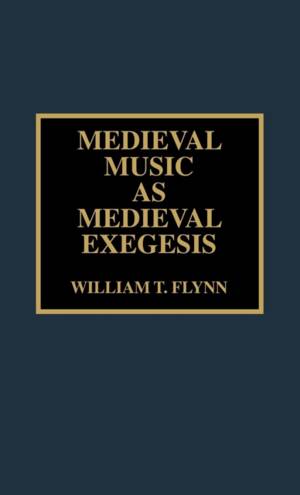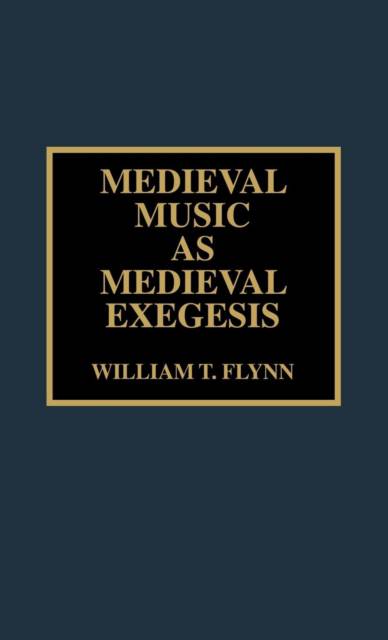
Je cadeautjes zeker op tijd in huis hebben voor de feestdagen? Kom langs in onze winkels en vind het perfecte geschenk!
- Afhalen na 1 uur in een winkel met voorraad
- Gratis thuislevering in België vanaf € 30
- Ruim aanbod met 7 miljoen producten
Je cadeautjes zeker op tijd in huis hebben voor de feestdagen? Kom langs in onze winkels en vind het perfecte geschenk!
- Afhalen na 1 uur in een winkel met voorraad
- Gratis thuislevering in België vanaf € 30
- Ruim aanbod met 7 miljoen producten
Zoeken
€ 118,95
+ 237 punten
Omschrijving
In this deconstruction of Medieval liturgical musicology, William Flynn explores the expanding scope of the discipline. He includes textual and philosophic interpretation that encompasses biblical exegesis, Medieval studies, Latin linguistics and ecclesiastical history.
Specificaties
Betrokkenen
- Auteur(s):
- Uitgeverij:
Inhoud
- Aantal bladzijden:
- 294
- Reeks:
Eigenschappen
- Productcode (EAN):
- 9780810836563
- Verschijningsdatum:
- 10/06/1999
- Uitvoering:
- Hardcover
- Afmetingen:
- 147 mm x 225 mm
- Gewicht:
- 518 g

Alleen bij Standaard Boekhandel
+ 237 punten op je klantenkaart van Standaard Boekhandel
Beoordelingen
We publiceren alleen reviews die voldoen aan de voorwaarden voor reviews. Bekijk onze voorwaarden voor reviews.









